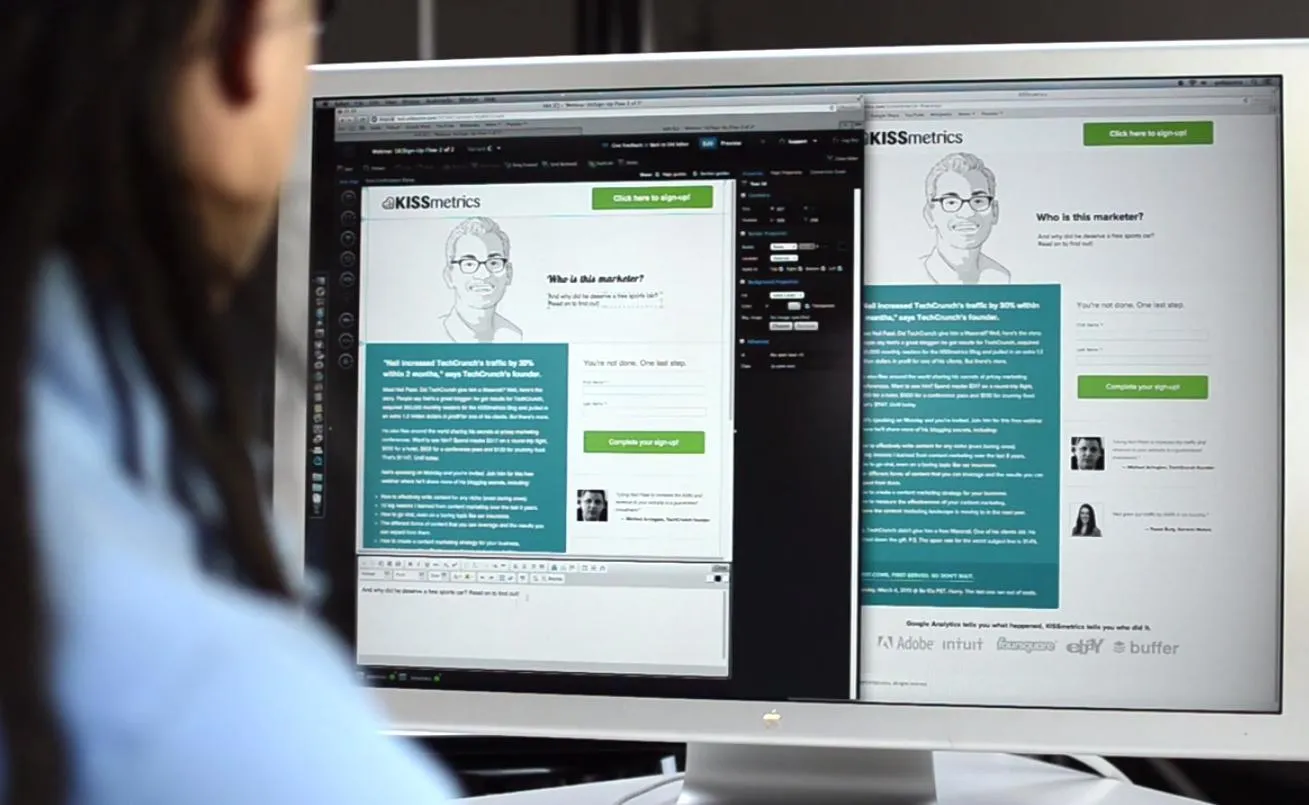Understanding the Importance of Financial Automation
In the world of freelancing, managing finances can often feel overwhelming. From tracking expenses to invoicing clients, the financial side of your freelance business requires attention and precision. Automating these processes can save you time, reduce errors, and ultimately help you focus on what you do best: delivering exceptional services to your clients. By implementing financial automation tools, you can easily monitor your income and expenses, ensuring that your freelance business remains profitable.
Choosing the Right Financial Automation Tools
When it comes to automating the financial aspects of your freelance business, the first step is to choose the right tools. Here are some popular options:
| Tool | Features | Best For |
|---|---|---|
| QuickBooks | Invoicing, expense tracking, financial reporting | Freelancers needing comprehensive accounting |
| FreshBooks | Time tracking, invoicing, expense management | Service-based freelancers |
| Wave | Free invoicing, accounting, receipt scanning | Budget-conscious freelancers |
| HoneyBook | Client management, invoicing, project tracking | Creative freelancers |
Automating Invoicing
Invoicing is a critical part of your freelance business, and automation can significantly streamline this process. By using tools like QuickBooks or FreshBooks, you can create invoice templates that can be filled out with just a few clicks. This not only saves time but also ensures that your invoices are consistent and professional.
Additionally, consider setting up recurring invoices for clients you bill regularly. This way, you can automate the invoicing process and ensure timely payments without the hassle of manual entries every month.
Expense Tracking Made Easy
Tracking expenses is vital for understanding your financial health and preparing for tax season. Automated expense tracking tools can help you categorize and manage your expenses without the need for manual input. Applications like Wave and QuickBooks allow you to connect your bank accounts and credit cards, automatically syncing transactions to keep your records up to date.
Moreover, these applications often provide features for scanning receipts, making it easier to maintain accurate records. You simply take a picture of your receipt, and the tool will extract the necessary data, reducing the risk of losing important documentation.
Streamlining Financial Reporting
Having access to financial reports is crucial for making informed decisions about your freelance business. Automation tools can generate reports on income, expenses, and profitability, giving you valuable insights at a glance. For example, FreshBooks offers customizable financial reports that help you track your earnings and identify trends over time.
You can also use tools like Google Data Studio to create visual representations of your financial data. By integrating your financial tools with Google Sheets, you can automate the reporting process and share these insights with stakeholders or clients when necessary.
Tax Preparation and Compliance
Preparing for taxes can be a daunting task for freelancers, but automation can simplify this process. Financial software like QuickBooks can help you categorize expenses and income throughout the year, making it easier to prepare your tax returns. Additionally, you can automate tax calculations for sales tax and income tax, ensuring compliance and reducing the risk of errors.
Consider consulting with a tax professional who can guide you in setting up your financial systems to comply with tax laws, especially if you're new to freelancing or your business has grown significantly.
Best Practices for Financial Automation
To effectively automate the financial side of your freelance business, consider the following best practices:
- Regularly Review Your Financial Data: Even with automation, it's essential to review your financial data regularly to ensure accuracy.
- Stay Organized: Keep your financial documents well-organized to facilitate easy access and audits.
- Set Up Notifications: Use notifications to remind you of upcoming invoices, payment due dates, and important financial deadlines.
- Educate Yourself: Stay informed about financial management and tax laws to make the most of your automation tools.
Conclusion
Automating the financial side of your freelance business can save you time, reduce stress, and enhance your overall productivity. By choosing the right tools, streamlining invoicing and expense tracking, and preparing for taxes effectively, you can ensure that your freelance career is not only rewarding but also profitable. Embrace financial automation today and take your freelance business to the next level!





